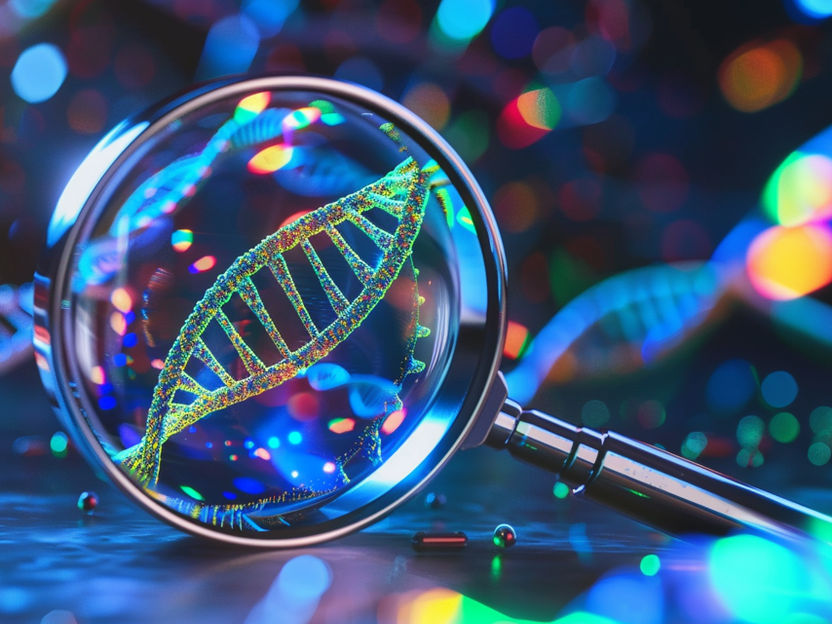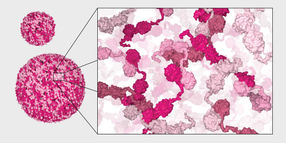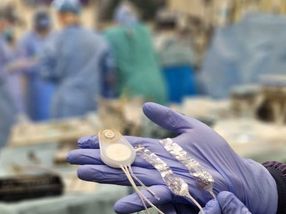Ear wax as a possible screening medium for Parkinson’s disease
Advertisement
Most treatments for Parkinson’s disease (PD) only slow disease progression. Early intervention for the neurological disease that worsens over time is therefore critical to optimize care, but that requires early diagnosis. Current tests, like clinical rating scales and neural imaging, can be subjective and costly. Now, researchers in ACS’ Analytical Chemistry report the initial development of a system that inexpensively screens for PD from the odors in a person’s ear wax.
Previous research has shown that changes in sebum, an oily substance secreted by the skin, could help identify people with PD. Specifically, sebum from people with PD may have a characteristic smell because volatile organic compounds (VOCs) released by sebum are altered by disease progression — including neurodegeneration, systemic inflammation and oxidative stress. However, when sebum on the skin is exposed to environmental factors like air pollution and humidity, its composition can be altered, making it an unreliable testing medium. But the skin inside the ear canal is kept away from the elements. So, Hao Dong, Danhua Zhu and colleagues wanted to focus their PD screening efforts on ear wax, which mostly consists of sebum and is easily sampled.
To identify potential VOCs related to PD in ear wax, the researchers swabbed the ear canals of 209 human subjects (108 of whom were diagnosed with PD). They analyzed the collected secretions using gas chromatography and mass spectrometry techniques. Four of the VOCs the researchers found in ear wax from people with PD were significantly different than the ear wax from people without the disease. They concluded that these four VOCs, including ethylbenzene, 4-ethyltoluene, pentanal, and 2-pentadecyl-1,3-dioxolane, are potential biomarkers for PD.
Dong, Zhu and colleagues then trained an artificial intelligence olfactory (AIO) system with their ear wax VOC data. The resulting AIO-based screening model categorized with 94% accuracy ear wax samples from people with and without PD. The AIO system, the researchers say, could be used as a first-line screening tool for early PD detection and could pave the way for early medical intervention, thereby improving patient care.
“This method is a small-scale single-center experiment in China,” says Dong. “The next step is to conduct further research at different stages of the disease, in multiple research centers and among multiple ethnic groups, in order to determine whether this method has greater practical application value.”
Original publication
Most read news
Original publication
Xing Chen, Yi Li, Chenying Pan, Shenda Weng, Xiaoya Xie, Bangjie Zhou, Hao Dong, Danhua Zhu; "An Artificial Intelligence Olfactory-Based Diagnostic Model for Parkinson’s Disease Using Volatile Organic Compounds from Ear Canal Secretions"; Analytical Chemistry, Volume 97, 2025-5-28
Topics
Organizations
Other news from the department science

Get the life science industry in your inbox
By submitting this form you agree that LUMITOS AG will send you the newsletter(s) selected above by email. Your data will not be passed on to third parties. Your data will be stored and processed in accordance with our data protection regulations. LUMITOS may contact you by email for the purpose of advertising or market and opinion surveys. You can revoke your consent at any time without giving reasons to LUMITOS AG, Ernst-Augustin-Str. 2, 12489 Berlin, Germany or by e-mail at revoke@lumitos.com with effect for the future. In addition, each email contains a link to unsubscribe from the corresponding newsletter.
Most read news
More news from our other portals
See the theme worlds for related content
Topic world Gas chromatography
Gas chromatography is an essential method in analytical chemistry for the separation and analysis of volatile compounds. Due to its high resolution and sensitivity, it has become firmly established in areas such as environmental analysis, food chemistry or forensic science. GC provides precise and reliable results and enables deep insights into the chemical composition of samples.

Topic world Gas chromatography
Gas chromatography is an essential method in analytical chemistry for the separation and analysis of volatile compounds. Due to its high resolution and sensitivity, it has become firmly established in areas such as environmental analysis, food chemistry or forensic science. GC provides precise and reliable results and enables deep insights into the chemical composition of samples.
Topic World Mass Spectrometry
Mass spectrometry enables us to detect and identify molecules and reveal their structure. Whether in chemistry, biochemistry or forensics - mass spectrometry opens up unexpected insights into the composition of our world. Immerse yourself in the fascinating world of mass spectrometry!

Topic World Mass Spectrometry
Mass spectrometry enables us to detect and identify molecules and reveal their structure. Whether in chemistry, biochemistry or forensics - mass spectrometry opens up unexpected insights into the composition of our world. Immerse yourself in the fascinating world of mass spectrometry!
Last viewed contents
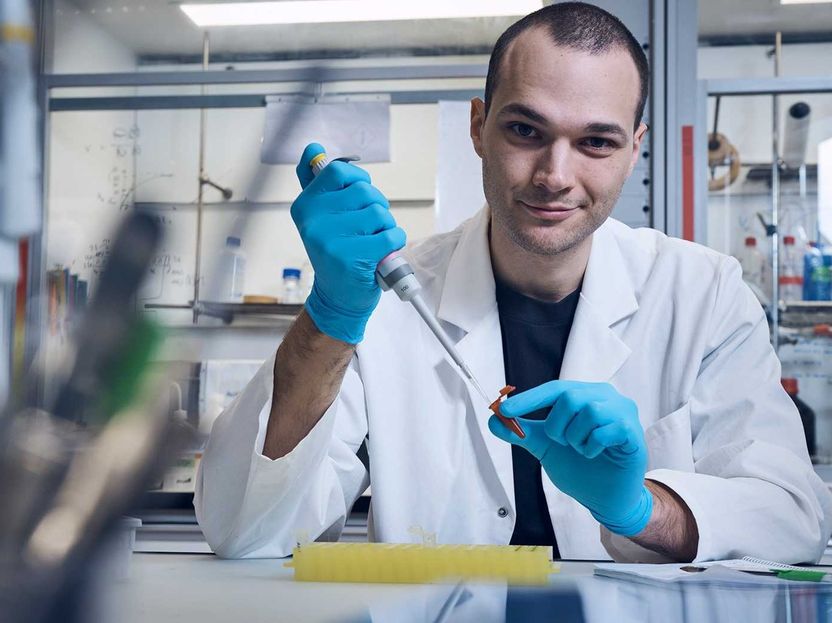
Making fibrosis visible – before it’s too late - With planned ETH spin-off to market maturity
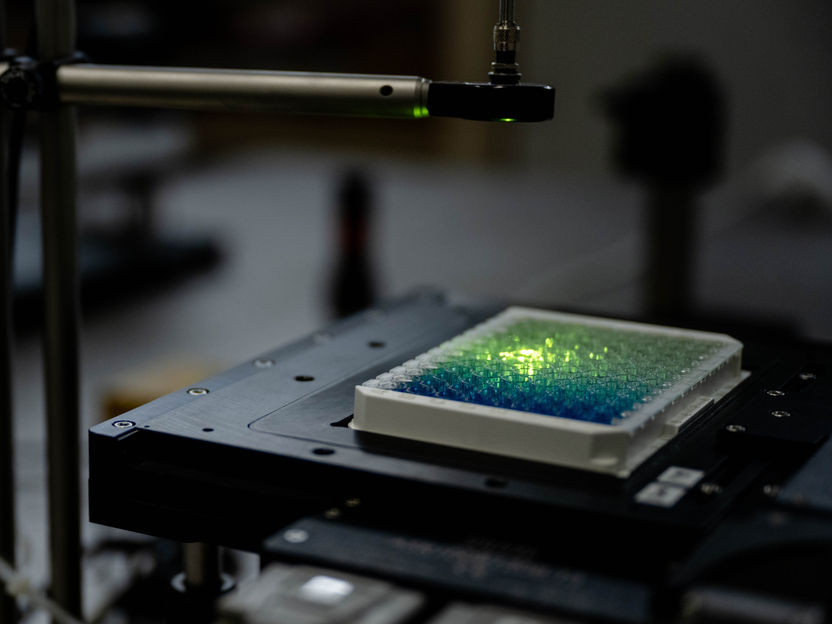
New nanosensors make diagnostic procedures more sensitive - The nanosensors can be used to track reactions with invisible light, saving materials and time

Cyber Valley grants 500K to CELL’n’ROLL via 2023 Innovation Fellowship Program - Cyber Valley Community is advancing diagnostics for the future: Its goal is to create an innovative spin-off from the project after the funding term has ended
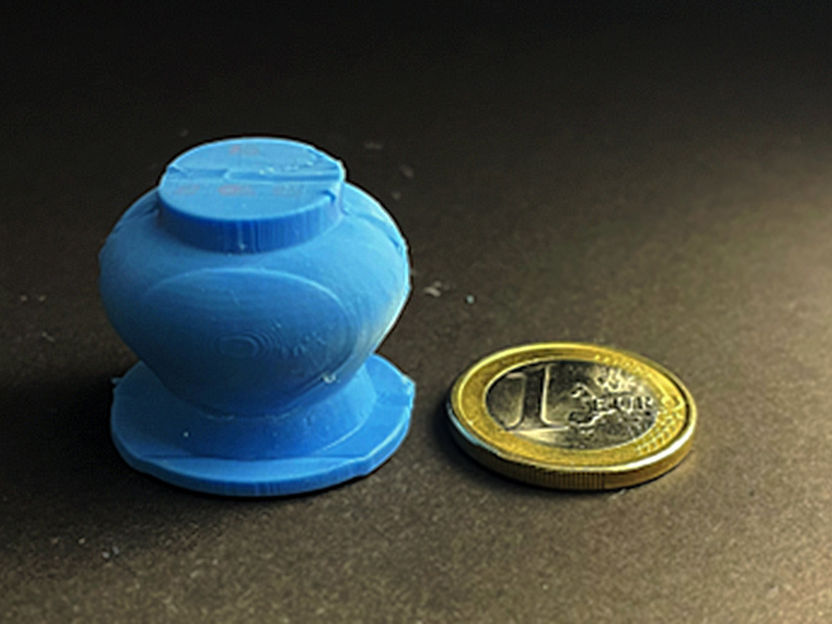
Blood diagnostics modelled on leeches - For all those who are afraid of needles: New device for taking blood samples uses microneedles and a suction cup instead of a large needle
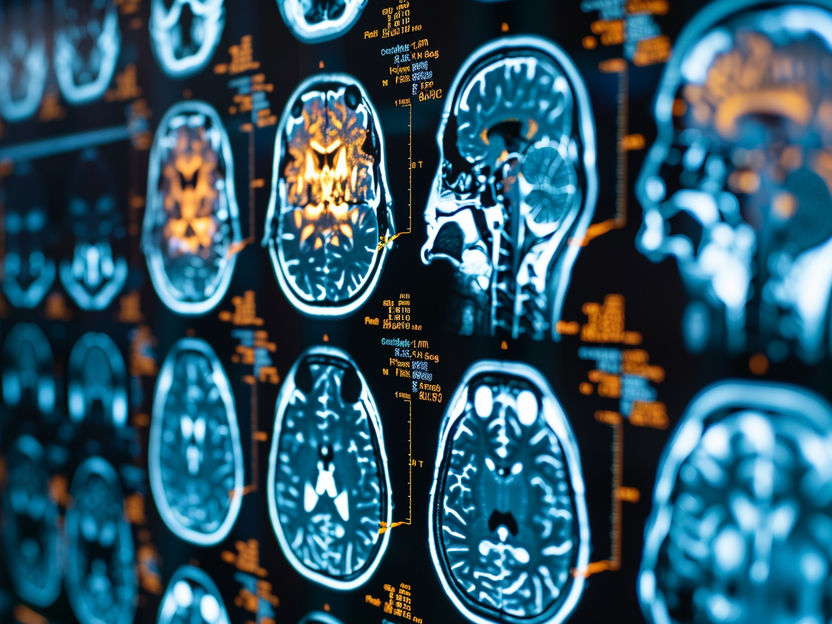
AI personalises brain tumour therapy - Progress in the personalised treatment of brain tumours: AI identifies mutations

En Carta Diagnostics secures €1.5M to advance diagnostic kit platform for early Lyme disease detection - Groundbreaking patented molecular diagnostic kit poised to provide game-changing autonomous Lyme detection in minutes
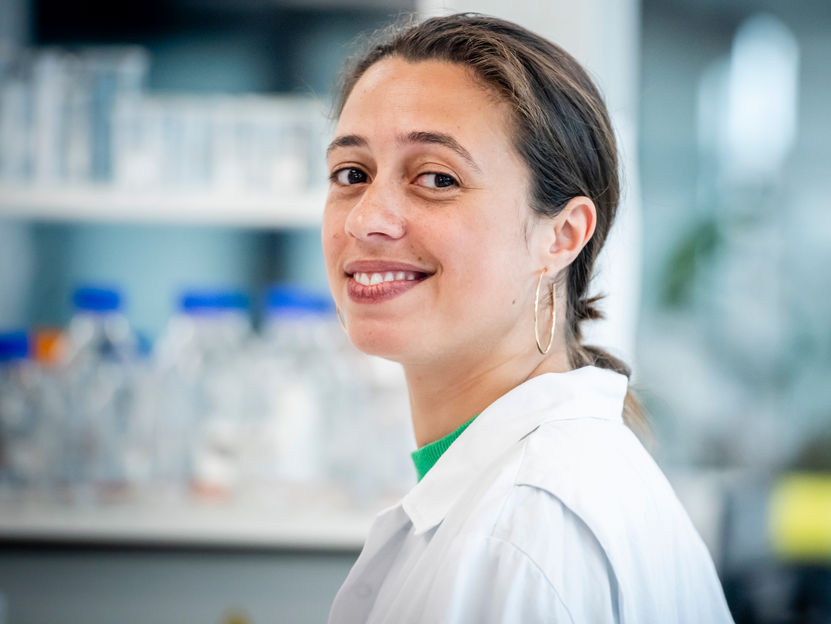
Portable AI-based test kit to identify bacterial infections - Dutch scientist selected as a finalist for the Young Inventors Prize 2024: Her startup focuses on the most common types of infection

Altona Diagnostics announces leadership transition - New General Managers appointed

New MRI technology makes cancer visible at an early stage - MRI signal amplified 24,000-fold: University start-up QuantView develops highly sensitive contrast agent

Bruker to acquire the NanoString business in an asset deal

Sartorius opens new Center of Excellence for bioanalytics in Ann Arbor - Manufacturing of instruments, consumables and reagents for cell and protein analysis
